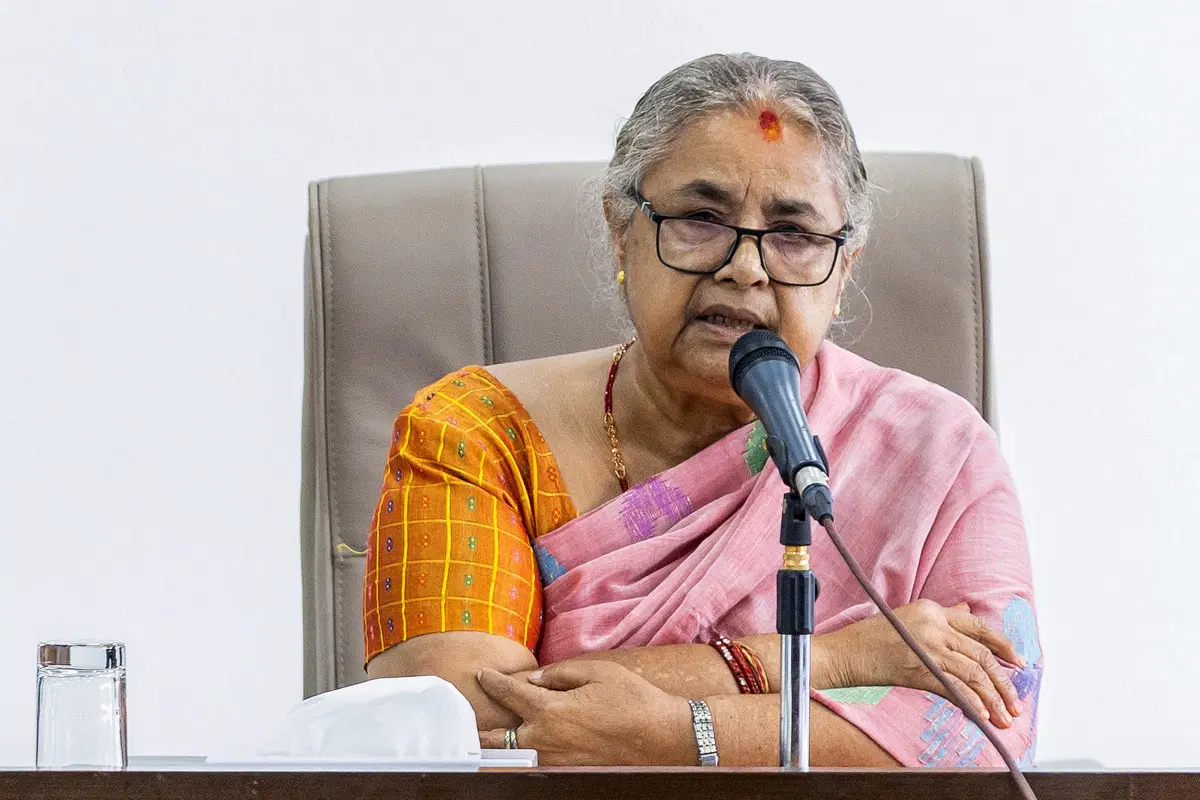Nepal’s newly sworn-in interim Prime Minister, Sushila Karki, has pledged to adhere to protesters’ demands to “end corruption” following mass demonstrations that forced the resignation of her predecessor. The protests, led mostly by young people under the banner of “Gen Z,” were sparked by a short-lived social media ban but quickly morphed into widespread outrage over entrenched graft, economic inequality, and perceived impunity among political elites.
Karki, a former chief justice and Nepal’s first female prime minister, said she will “work according to the thinking of the Gen Z generation,” affirming that the interim government’s mandate includes “ending corruption, good governance and economic equality.” She took office after tough negotiations involving youth protesters, the army, and the presidency, amid one of Nepal’s worst spells of civil unrest in decades.
In her first public acts, Karki held a minute of silence for those killed in the violence, and announced that each family of the victims will receive about 1 million Nepali rupees (≈ US$11,300) in compensation, while agreements were made to ensure medical care for those injured. She also affirmed that the interim government will serve no more than six months, with parliamentary elections scheduled for March 5, 2026.
Official estimates place the death toll at 72 people and over 190 injured in two days of unrest, which saw parliaments and major government buildings torched by protesters. The unrest is seen as symptomatic of long-standing grievances: the youth protestors point to high unemployment (particularly among 15-24 year-olds), stagnating economic opportunity, and a political culture of nepotism and unaccountability.
Analysts warn that though the symbolic steps taken by Karki are welcomed, the real test will be in translating promises into structural reforms: tightening oversight of state institutions, prosecuting corruption, ensuring transparency in governance, and restoring public trust—especially when many powerful figures may resist change.





